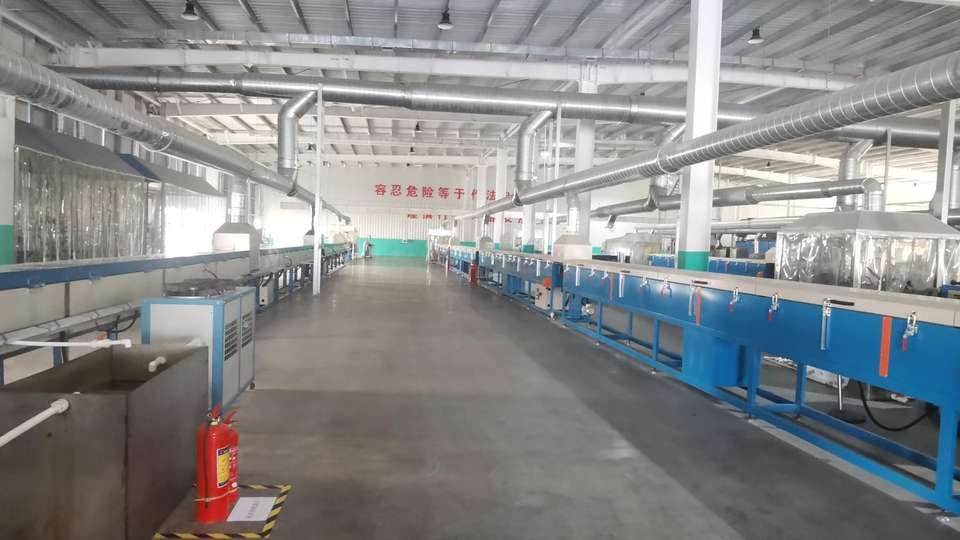Dealing with swine flu in pigs requires an integrated approach involving recognition, treatment, and prevention strategies. By ensuring early detection, providing supportive care, utilizing antiviral medications when necessary, and implementing vaccination programs, farmers can effectively manage the impact of this disease. Moreover, maintaining rigorous biosecurity and environmental controls will help minimize the risk of future outbreaks. With ongoing research and education, the challenges posed by swine flu can be addressed, ensuring healthy pigs and a resilient livestock industry.











